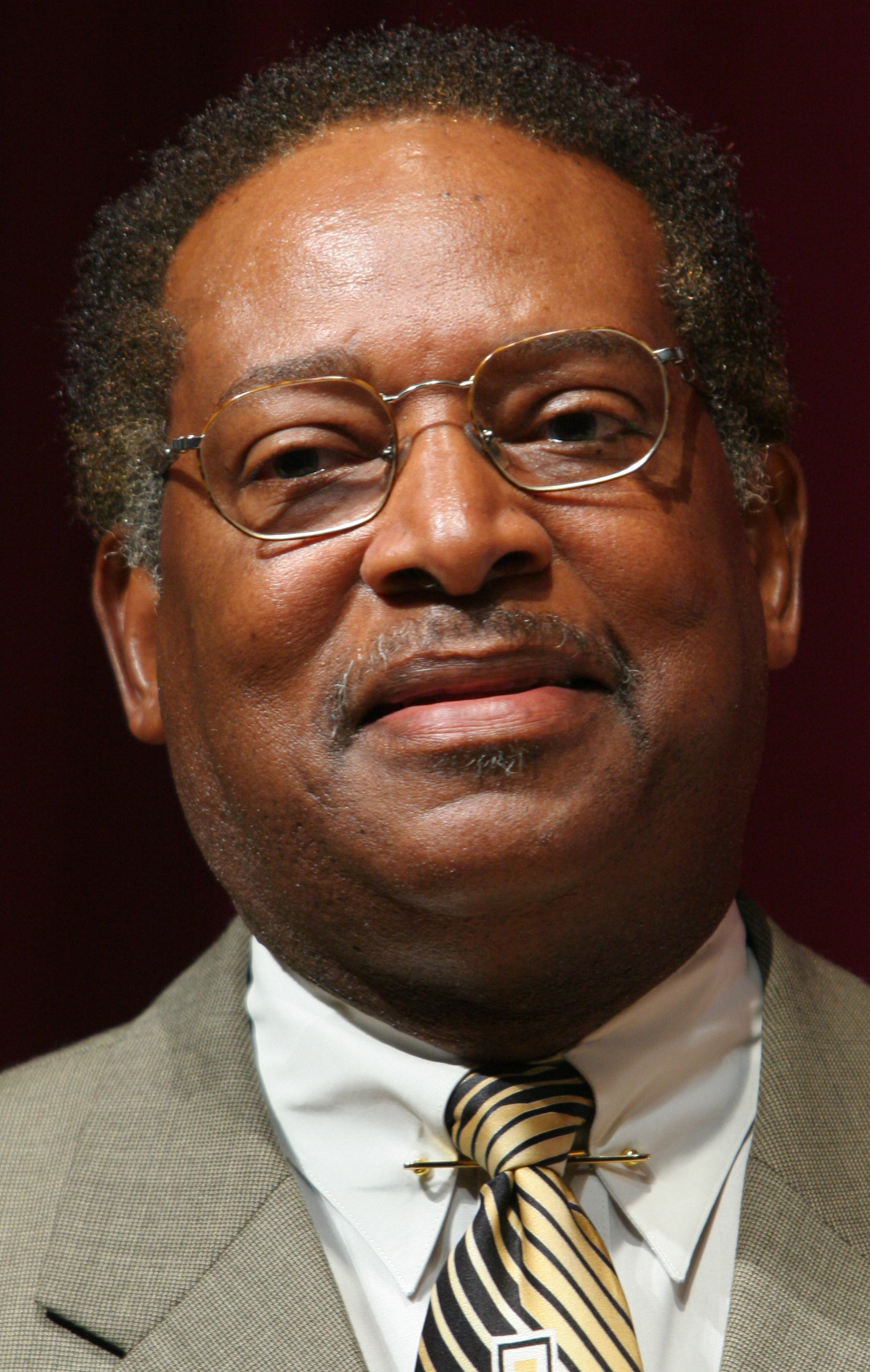CLEVELAND, Tenn. -- The Cleveland City Council voted 4-3 Monday to appeal a 1967 agreement with Bradley County on how local option sales tax revenue is shared.
"That's the most important vote we as a City Council will ever make," said Councilman David May, casting an approval vote. He was joined by Avery Johnson, Charlie McKenzie and Bill Estes.
Councilman Richard Banks, who with George Poe and Dale Hughes voted against filing the appeal with the Tennessee Court of Appeals, said city officials have "been fighting with the county too long."
The dispute does not involve the half-cent sales tax increase approved by city voters in 2009 for capital projects such as roads and school construction.
Like everywhere else in Tennessee, the first half of local sales tax revenue goes to education. Bradley County gets two-thirds of that revenue, based on student population, and the city gets one third.
It is the second half of that revenue that is in dispute. Everywhere else in Tennessee, that half is based on the location of the purchase. Locally, Cleveland would get about 80 percent of that revenue. Instead, 45 years ago city officials agreed to just reverse the agreement that covers the first half of the revenue. Thus, Bradley gets a third and the city gets two-thirds.
There is no termination clause in the agreement.
City Finance Director Mike Keith told the council that if the 1967 agreement went away it would be worth at least $2.2 million annually to the city.
In December 2011, Chancellor Jerri Bryant ruled in the county's favor.
"This is your last chance to have 1967 overturned," City Manager Janice Casteel told the council, "or we are stuck with it forever."
Opposing council members said appealing would be taking a chance with the $1 million being held by the county trustee from the 2009 referendum that Bryant has ruled belongs to the city.
It's all taxpayers' money, Banks and Poe said.
"It means you are suing yourself," Poe said.
And, Banks said, the case only has a 10 percent or less chance of being accepted by the state Supreme Court from the court of appeals.
But those in favor of an appeal argued that overturning the old agreement could be the only way the city can avoid a property tax increase.
The county formed its own fire department, creating a $1.8 million annual hole in the city budget, Casteel said.
And Councilman Johnson said city residents already pay 55 percent of the county's property taxes.
The city has paid $77,316 to a Nashville attorney who is a tax expert to examine the matter. Council members said that, because the groundwork already has been done, there won't be much more cost in legal fees to continue.
After the vote, Mayor Tom Rowland said there would be no veto from him.
"That would take the place of a whole lot of property tax," he said.
Contact Randall Higgins at rhiggins@timesfreepress.com or 423-314-1029.
